Encouraging Authenticity in the Workplace
There’s a lot being said about ‘bringing your whole self to work,’ at the moment. Wherever you stand on this, it should be accepted that under-represented employees can feel intimidated by a prevailing work culture that is different to their own and battle to feel that they belong.
In the latest ethnicity hub-chat that I host with EDI professionals, we discussed how to support employees to be authentic at work and I’m pleased to say that the onus was not on under-represented individuals to do the heavy lifting. Instead, the five solutions covered were:
Provide an internal and external buddy/mentor. Employees need to know that they are not alone so having an internal buddy who can expose them to ERGs, the company’s EDI agenda and broader organisational activities that can help them feel a sense of community is important. As is accepting that at times an individual might not feel like they can say certain things internally. In these circumstances, an external mentor that they can engage as a sounding board is invaluable in giving them a safe space to work through any issues.
A focus on recruitment does nothing to address the leaky ship. If people come into an organisation and they don't feel like they fit in, they will just vote with their feet. If a company wants employees to stay, then it needs to consider its values and face conversations about diversity head-on. The group were unanimous that organisations need to operate from the premise that if you don't talk about diversity, and if you don't look at everyday inclusion, then you are actually being exclusionary. It takes courage to admit that we all have biases but a failure to do so will only serve to perpetuate the status quo.
Sell the sizzle not the sausage: If being marginalised ordinarily doesn’t impact someone, why should they care? If we are to convince all those that stand in the way of greater inclusion, then we must change both their hearts and minds. This is achieved by emphasising the benefits of workplace diversity to everyone. It was felt that only then will EDI move from something that sits on the side of the desk to something that is integral to every team meeting, every time that managers make a hiring decision and every time that there is a promotion opportunity. Only then will it be something that keeps being thought about in the many interactions that comprise a work culture.
It was acknowledged that trying to get everyone onboard was a big ask for EDI professionals, especially as so many work in small teams already making herculean efforts to shift the dial. In fact, the hub-chat attendees experienced widespread pushback to the idea of mandatory training. In response, they focused on specific roles that interact with new talent as their primary focus, e.g. recruiting managers.
Accountability: Organisations have EDI targets but these sit with senior managers and are reviewed annually. A marked improvement in facilitating people to be authentic in the workspace requires KPIs to be embedded into business as usual and managers are held accountable on a day-to-day basis for these metrics. The suggested types of questions to help organisations to do this were: What am I doing? What does my team look like? What are those in my team experiencing? Am I encouraging my team to feel that they have the psychological safety to be true to themselves?
Maintain a granular focus: There was the sense that two years post-George Floyd, the EDI gaze had shifted away from looking through the ethnicity lens and onto inclusion in general. With this, some of the senior people that were accountable for change have drifted back to their day jobs. The result? Once again, it was becoming the responsibility of ethnic minorities themselves to champion change. The danger with this is that they spend a huge amount of time doing this work because they feel emotionally and morally obligated to do so but it sits outside of their day job so is not recognised by their managers. There was also mention that in sharing their testimony, ethnic minority groups had laid out their vulnerabilities about assuming a certain work persona. It was therefore important to continue improving the situation with the concerted effort that the summer of 2020 provoked.
If you would like to join our quarterly hub-chats, send an email to christine@withinsightedu.org. The agenda is set by the attendees and meetings operate under Chatham House rules, providing a safe space for EDI professionals to discuss issues that are important to them.

